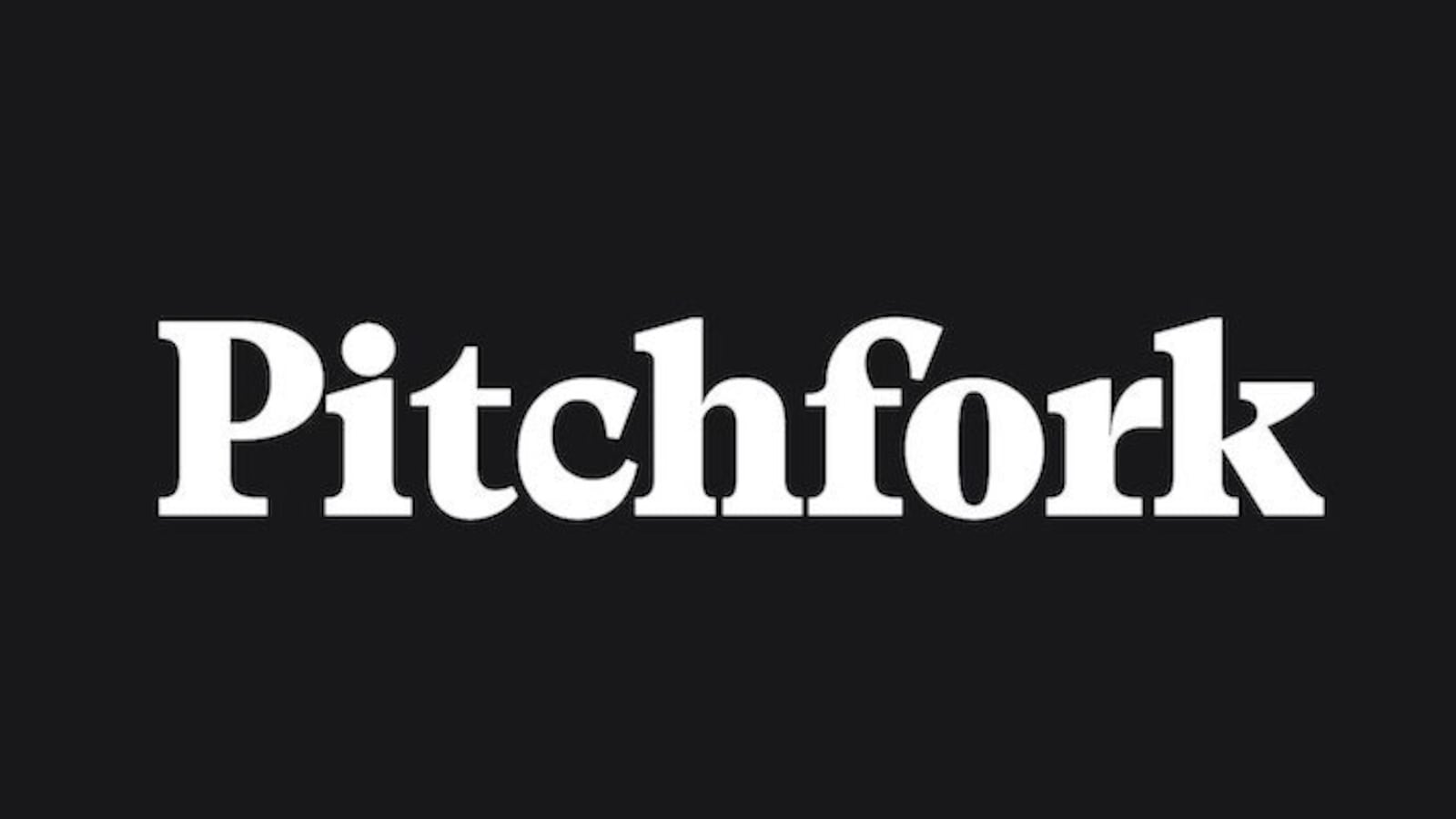Employees at the music and culture site Pitchfork are staging a work stoppage in protest of what they say are anti-union initiatives taken by the publication and its parent company, magazine publisher Condé Nast.
For four hours on Thursday morning, beginning at 9 a.m., Pitchfork editorial staffers will not publish new content on the website and will go dark on social media in order to draw attention to the publication’s decision to lay off senior editor Stacey Anderson, the leader of the music outlet’s editorial union.
“We’re protesting clear, demonstrable union-busting by Condé Nast and Pitchfork management,” Anderson, who chairs the publication’s editorial union, told The Daily Beast late Wednesday.
Last year, the influential music outlet’s staff unionized with the New York chapter of the Newsguild, which represents a number of other unions at Condé Nast publications like Wired and The New Yorker, as well as outlets like The New York Times and The Daily Beast. Since then, the publication has been in contract negotiations with Condé bosses, which have intensified as the publisher has implemented layoffs, furloughs, and pay cuts across the company following the spread of the coronavirus and a subsequent economic downturn.
In the month since Condé Nast announced cuts, Pitchfork employees have taken actions pushing back on Anderson’s proposed departure. Union staffers also sent several letters to higher-ups, including editor-in-chief Puja Patel and CEO Roger Lynch criticizing the decision, and proposed workshare agreements that the union said would offset the cost of Anderson’s layoff (similar plans have been implemented by the Los Angeles Times and BuzzFeed to stave off layoffs). Editorial staff changed their Slack icons, shared posts by Anderson in the company’s internal messaging platform, and performed a separate one-hour work stoppage earlier this month.
In a statement later on Thursday, Pitchfork management said the employee union had not put forward a plan that would "achieve the necessary cost savings."
"To suggest we 'targeted' certain people for these positions eliminations for any reason other than a response to legitimate business conditions, disclosed to you in good faith, and a desire to implement a business strategy that achieved growth for the publication is untrue and unfair," the company said.
Thursday’s midday work stoppage comes amid several weeks of unrest at Condé Nast over a lack of diversity and the alleged racist treatment of staffers of color.
Bon Appétit’s editor-in-chief Adam Rapaport resigned earlier this month after a photo of him and his wife surfaced showing them in costume as stereotypical Puerto Ricans. Following that departure, Condé Nast VP Matt Duckor also stepped down after staffers circulated old comments he made about Asians and gay people. Employees have also repeatedly pressed the company about old tweets about Mexicans and women posted by Condé Nast Entertainment chief Oren Katzeff.
Anderson said on Wednesday night that the company had balked at the Pitchfork staff’s diversity proposals that would require that 50 percent of prospective job candidates brought in to interview come from underrepresented backgrounds (Anderson said the company’s response was that for certain positions, “it’s hard to find qualified applicants from underrepresented backgrounds”).
Condé Nast has attempted to answer the employee concerns by holding all-staff town halls nearly every day over the past several weeks. Top executives have fielded questions about diversity, pay inequality, some higher-ups’ inappropriate old tweets, and accusations of racism at the publisher, among other topics.
But the company has also offered vague warnings to its unionizing staff.
Earlier this month, CEO Lynch dismissed the usefulness of unionization, saying in an all-staff email that while “some may believe that joining a union will protect their job, unfortunately, it’s just not the case. We all have seen the thousands of journalists who have lost their jobs over the last many months. The headwinds that the media industry is experiencing right now, combined with COVID-19, are just too strong for any union.”
“What will save jobs is an entrepreneurial spirit and willingness to be innovative when it comes to the ways we evolve and grow our business together,” he said.






